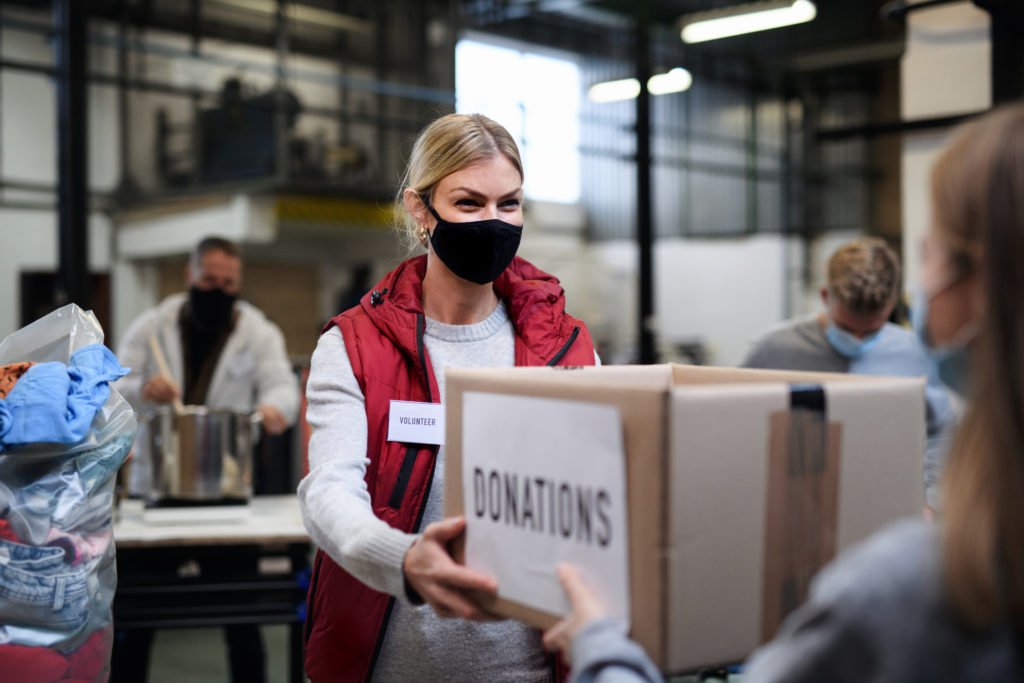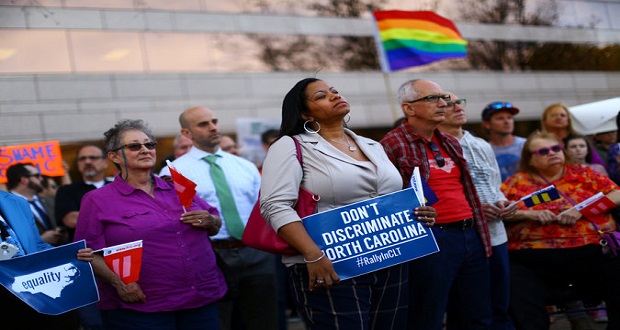Last week, my colleague Gabby Gayagoy Gonzalez kicked off our Centering Abundance feature with an overview of Cooperative Economics. This week, I continue our series with reflections on concepts that many of us have deeply internalized — concepts I am working on unlearning, with the goal of centering abundance.
During a season of “giving” that is not only spearheaded by corporations driving consumption — but also by not-for-profits driving philanthropic giving — it is valuable to reflect on harmful narratives many of us have accepted around the idea of “giving.” I invite you to join me in this reflection and consider which of these common ideas you may have learned, and how an intentional practice of challenging and unlearning might serve you.
“I need to achieve full security before I can help others.”
I have written previously about how my approach to managing and sharing financial resources has shifted over time. Critically, I was taught about the ways that women are systemically underpaid in the workplace, and how this results in compounded lost income over a lifetime. This was a lens and a stressful narrative that often lurked in the back of my mind when I was making a choice about whether to spend or give money. And while I can acknowledge that, had I put money into savings at every possible opportunity, I would likely have more resources today and in the future, I can also acknowledge that we live in a culture that would have us believe that there is no such thing as “full security” — and that may very well be true.
I remember in college being asked for change from someone on the street and thinking, “I can’t afford to give anything. I am thousands of dollars in educational debt.” That was true … and a flaw inherent to that thought process was thinking of myself as an individual rather than a member of a broader system. As a securely housed, cisgender white woman well on my way to being college educated, I had access to a host of privileges and financial security that the person asking for my help likely did not — and may not ever have the chance to access.
If we allow a scarcity mindset to dictate our choices, all but the elite few among us can easily convince ourselves that we need to secure more resources to be safe. Now, I have the understanding and language to identify that I believe in equity — recognizing the ways opportunities I have are simply not available to everyone and responding accordingly. Today I use a lens of equity in prioritizing how I share resources available to me. Not only does this provide me clarity, it also has left me feeling less anxious about my own resources, recognizing that even if I am giving something up that could help me, it is in pursuit of a more just world.
If we allow a scarcity mindset to dictate our choices, we convince ourselves that we need more resources to be safe. But I believe in equity — recognizing opportunities I have are simply not available to everyone and responding… Share on X“I am owed recognition for helping others.”
Those of us raised under capitalism have been socialized in the context of a system that teaches us we should always get something in return for an investment of resources. We are programmed to ask, whether implicitly or explicitly, “What’s in it for me?” This may manifest in the idea that we can offer a loan, but not a gift. It may show up as announcing our kindness in a social media post and taking stock of the number of “likes.” It may show up as expecting a “thank you” from someone we decide to help or feeling resentful if we don’t receive one.
Those of us raised under capitalism have been socialized in the context of a system that teaches us we should always get something in return for an investment of resources. We are programmed to ask, 'What’s in it for me?' Share on XEarlier this year, I tracked on social media that a member of my local community was experiencing several interrelated challenges that were severely impacting his well-being. While most of the challenges were outside of my direct sphere of influence, his ask for financial support was one that I could answer. Through Venmo, I sent over some funds with a brief note. In subsequent days, I caught myself wondering if he would reply or “like” the message. He never did, and I moved on … but not without some self-reflection. I was able to recognize that my hope for acknowledgement was a (human, but flawed) way of centering myself in someone else’s narrative.
While it can feel good to give and get acknowledgement, I believe it is important not to expect it. Particularly if the help we are providing supports someone else with a struggle we have never been faced with, this can quickly veer into territory of paternalism. Furthermore, recognizing that people who are struggling with concerns closer to survival than comfort in a given moment may not have the capacity, access, time, or energy to thank us for our help is part of understanding equity in practice. If you notice yourself craving external validation for an act of kindness, you might challenge yourself to reflect on why, and what socialization may inform that desire.
Recognizing that people who are struggling with concerns closer to survival than comfort may not have the capacity, access, time, or energy to thank us for our help is part of understanding equity in practice. Share on X If you notice yourself craving external validation for an act of kindness, you might challenge yourself to reflect on why. Share on X“I get to choose who is deserving, and of what.”
When I was in high school, the youth group I was involved in through my faith institution organized a field trip to a local organization that worked with unhoused individuals in the community. We had the opportunity to sit down and have conversations with people experiencing homelessness, including a 17-year-old boy who was a few years older than I was. One of the key details I recall about this experience was this boy telling us: “If you give a homeless person money, they will use it to buy drugs or alcohol.” He announced this with the finality of an expert, encouraging us to instead give to organizations like the one we were visiting. Recognizing his lived experience, my 14-year-old self took him at his word. When the topic of giving money to those asking for change came up in conversations with others in my life, I shared this story — which I effectively considered a fact. I have since learned a humorous but truthful adage: “the plural of anecdote is not data.”
In hindsight, I acknowledge the unfortunate reality that for years I allowed one teenager’s perspective — which was aligned with many oversimplified dominant narratives about people experiencing homelessness (and which was more than likely informed by his relationship to this organization and its agenda!) to dictate my actions for years to come. I continue to reflect on the paternalism, value judgements, and assumptions tied up in this narrative, and the ways they emphasize pathology over humanity.
I think of people experiencing homelessness I have met who were trying to feed themselves or their families, or afford shelter in a system that continues to fail so many while others enjoy every luxury. I think of how incredibly frustrating and demoralizing it would feel for everyone you encounter to question your intentions when you are trying to secure the bare minimum that you need to survive. I am also certain that there is much I have yet to understand about a lived experience that is not my own.
I think of how incredibly frustrating and demoralizing it would feel for everyone you encounter to question your intentions when you are trying to secure the bare minimum that you need to survive. Share on XUnlearning can be uncomfortable and even painful, but I believe it is always worth it. I am grateful to have arrived at a point that I can more critically reflect on the ways I historically seized upon harmful narratives as excuses to not help those who needed it, and how these narratives prevented me from centering justice and living the values I believe in. I continue to look forward to lifelong unlearning in service of equity, justice, and abundance.




















